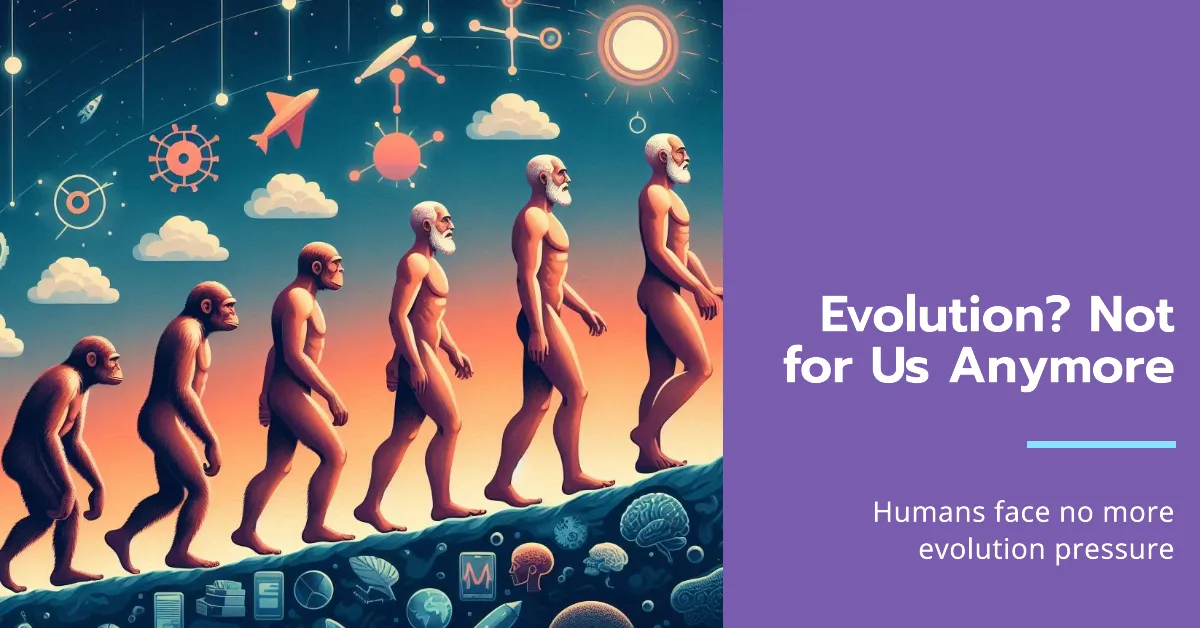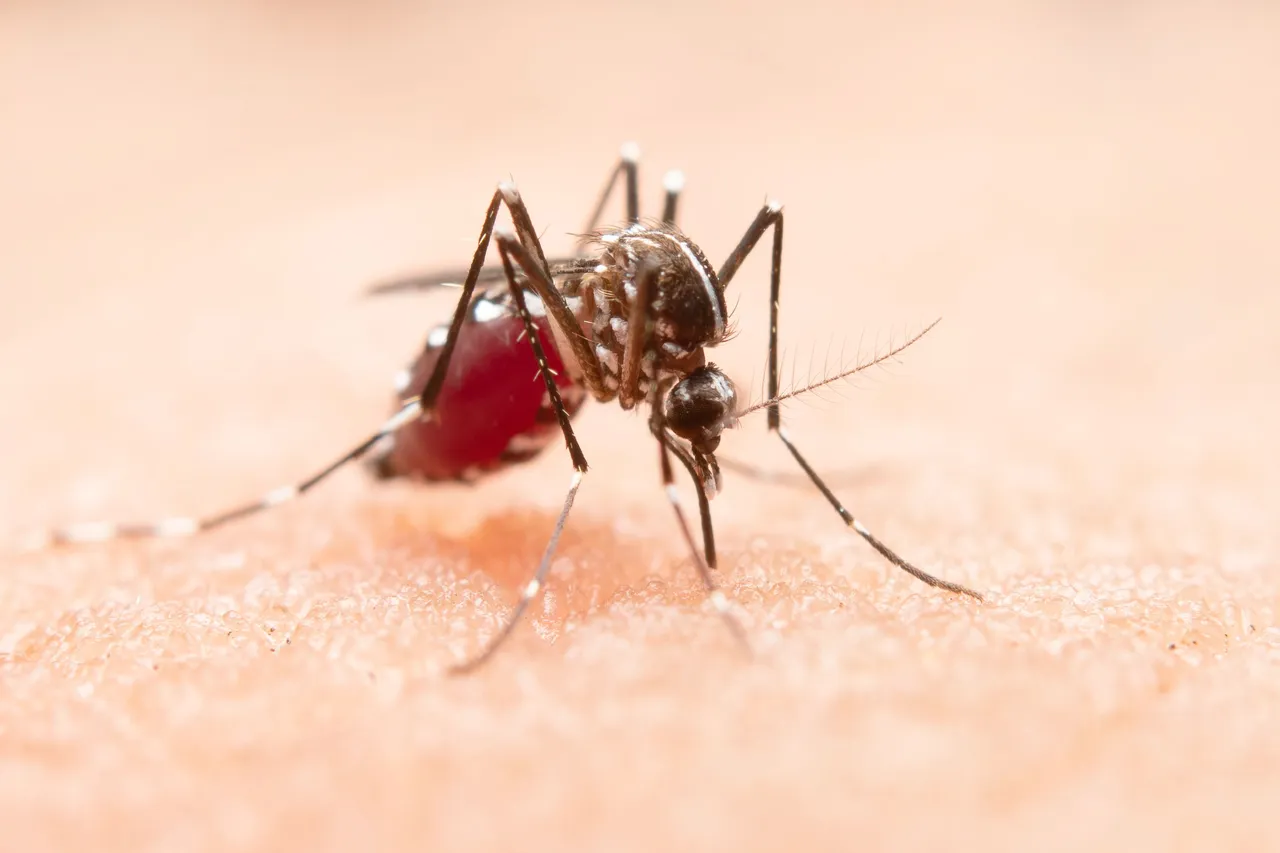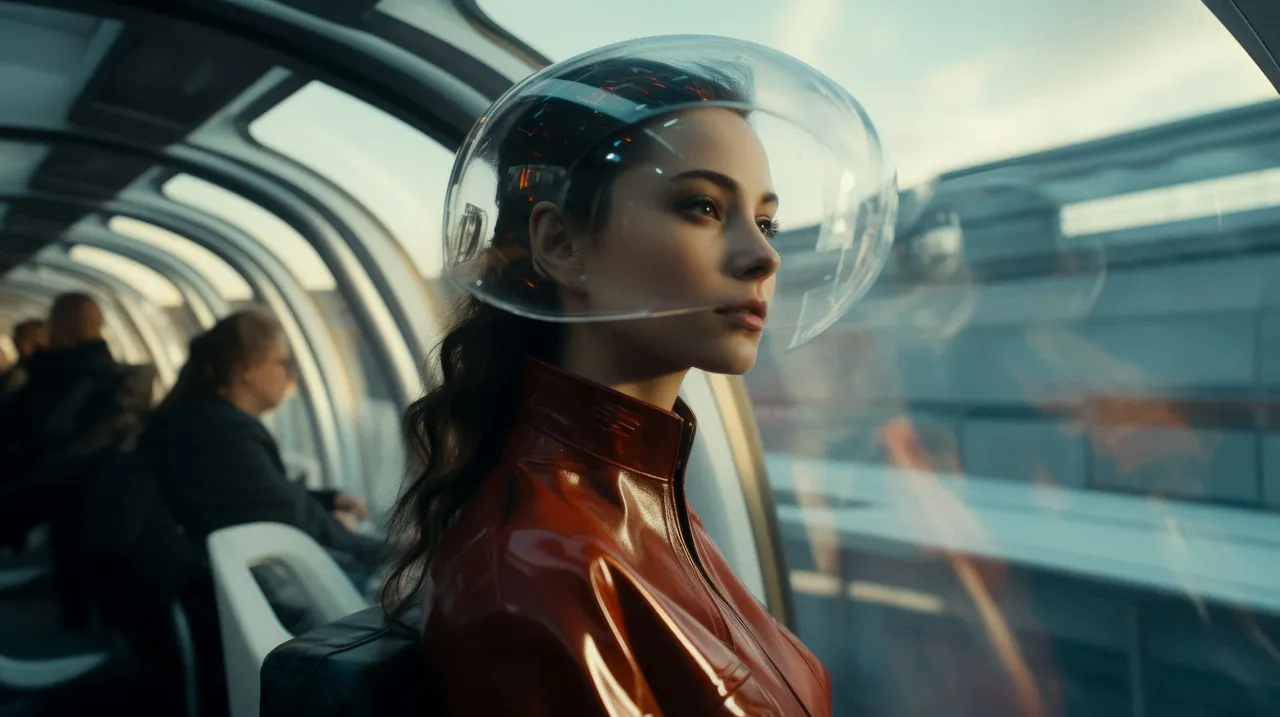
I love biology and I try to teach my daughters things that bug their minds. The first thing that bugs them is when I say, hey whats that leopard? They answer "an animal" and about that ants? " a bug". I answer that yes it is a bug, but also an animal like a leopard and us. My youngest answered quickly: "But we are people, not animals". Yes we are animals, and guess what? we are apes and more specifically from the family Hominidae. This family groups specific genus includes us Homo, and Gorilla (Gorillas), Pan (Chimps), Pongo (Orangutans). So yes, we had the same ancestors in the past, but time and evolution helped to make us a bit different from other apes. And how is evolution affecting us right now?

I said in a post a while ago that practically we escaped from evolution, since technology and medicine help us to not die and reproduce ourselves. Even those that can't reproduce naturally, medicine invented artificial insemination and in vitro reproduction. But once in a while, we have some traits that appear in the population due to evolutionary pressure. One good example is the resistance to Malaria by humans who have one mutated gene for sickle cell anemia. My wife has that gene and passed it to my daughter. This trait appeared in Africa at a time when Malaria treatments weren't effective. So people died, and people with this trait survive and are passed to their descendants. Brazilian ethnicity is very influenced by African genes, because Europeans brought many of them to be slaves. My wife, like many Brazilians, has ancestors from Africa, and she got this gene. They don't have sickle cell; they have just one allele with the mutation, since you need two alleles to have the disease.
But for sure, evolution stops when we start to deceive nature. Not saying that is good. For example, there is a known gene mutation that confers resistance to HIV infection. However, nowadays, HIV is well controlled by medications. There isn't a cure, but no one dies. In addition, we have sex protection that avoids contamination by the virus. So people who aren't resistant to HIV are still reproducing and generating fertile individuals. So this mutation won't be prevalent, unless..
... unless we decide to modify every new baby's gene to have this mutation and be resistant to it. That will be maybe the first induced product of evolution. There was a scientist in 2018 who did that to a couple of babies; he got arrested, and the identities of the children are secret. Maybe a new pandemic can also provide a type of pressure to select only individuals resistant to this new microorganism. Another option is an evolution like we watched in Wall-E, where the humans are all static, obese, sit in a chair just using electronics while robots do all for them.

If we are different as organisms in the future is because we caused these changes by ourselves. Technology and medicine have evolved a lot and can go even further. The only pressure that nature can bring to us is probably something that will create an extermination event, which won't help us to evolve into anything. Maybe I am sounding apocalyptic, but that is the truth. Environmental breakdown, astronomical or geological events are the ones that will put a big pressure on us, but that will be our end.


Eu adoro biologia e tento ensinar às minhas filhas coisas que as incomodam. A primeira coisa que as incomoda é quando eu digo: "Ei, o que é aquele leopardo?". Elas respondem "um animal" e, sobre as formigas? "um inseto". Eu respondo que sim, é um inseto, mas também um animal como um leopardo e nós. Minha filha mais nova respondeu rapidamente: "Mas somos pessoas, não animais". Sim, somos animais, e adivinhem? Somos macacos, mais especificamente da família Hominidae. O gênero específico desta família inclui nós, Homo, Gorila (Gorilas), Pan (Chimpanzés), Pongo (Orangotangos). Então, sim, tivemos os mesmos ancestrais no passado, mas o tempo e a evolução ajudaram a nos tornar um pouco diferentes dos outros macacos. E como a evolução está nos afetando agora?

Eu disse em um post há algum tempo que praticamente escapamos da evolução, já que a tecnologia e a medicina nos ajudam a não morrer e a nos reproduzir. Mesmo aqueles que não conseguem se reproduzir naturalmente, a medicina inventou a inseminação artificial e a reprodução in vitro. Mas, de vez em quando, temos algumas características que aparecem na população devido à pressão evolutiva. Um bom exemplo é a resistência à malária em humanos que têm um gene mutado para anemia falciforme. Minha esposa tem esse gene e o passou para minha filha. Essa característica surgiu na África em uma época em que os tratamentos para malária não eram eficazes. Então, pessoas morriam, e pessoas com essa característica sobrevivem e são passadas para seus descendentes. A etnia brasileira é muito influenciada por genes africanos, porque os europeus trouxeram muitos deles para serem escravos. Minha esposa, como muitos brasileiros, tem ancestrais da África e ela herdou esse gene. Eles não têm anemia falciforme; eles têm apenas um alelo com a mutação, já que são necessários dois alelos para ter a doença.
Mas, com certeza, a evolução para quando começamos a enganar a natureza. Não estou dizendo que isso seja bom. Por exemplo, existe uma mutação genética conhecida que confere resistência à infecção pelo HIV. No entanto, hoje em dia, o HIV é bem controlado por medicamentos. Não há cura, mas ninguém morre. Além disso, temos proteção sexual que evita a contaminação pelo vírus. Portanto, pessoas que não são resistentes ao HIV ainda estão se reproduzindo e gerando indivíduos férteis. Portanto, essa mutação não será prevalente, a menos que...
... a menos que decidamos modificar o gene de cada novo bebê para que ele tenha essa mutação e seja resistente a ela. Esse será talvez o primeiro produto induzido da evolução. Houve um cientista em 2018 que fez isso com alguns bebês; ele foi preso e as identidades das crianças são secretas. Talvez uma nova pandemia também possa exercer algum tipo de pressão para selecionar apenas indivíduos resistentes a esse novo microrganismo. Outra opção é uma evolução como a que vimos em Wall-E, onde os humanos são todos estáticos, obesos, ficam sentados em uma cadeira usando apenas eletrônicos enquanto robôs fazem tudo por eles.

Se seremos diferentes como organismos no futuro, é porque nós mesmos causamos essas mudanças. A tecnologia e a medicina evoluíram muito e podem ir ainda mais longe. A única pressão que a natureza pode nos impor é provavelmente algo que criará um evento de extermínio, o que não nos ajudará a evoluir para nada. Talvez eu esteja soando apocalíptico, mas essa é a verdade. A degradação ambiental, eventos astronômicos ou geológicos são os que nos pressionarão muito, mas esse será o nosso fim.



